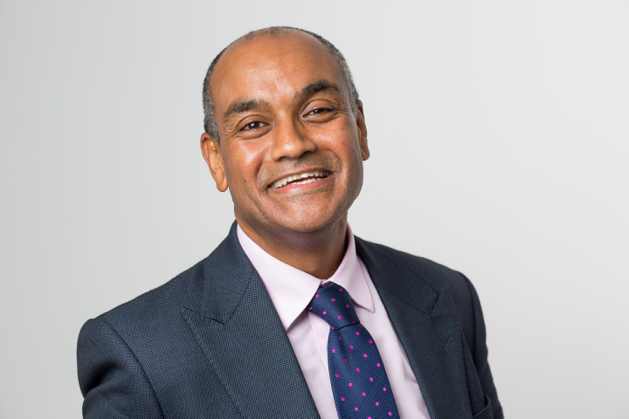
This can be, for patients and doctors alike, a classical “heart-sink” complaint.
It is associated with significant reduction in quality of life, robbing patients of fruitful time with family and friends, reducing workplace productivity and contributing to a broad spectrum of mental ill-health.
For the treating healthcare professional, these individuals often have standard blood results and look reasonably well externally; understandably this can lead to frustration for both the professional and patient alike.
Environmental factors
Unfortunately, there is a growing recognition that environmental factors are increasingly responsible for morbidity and mortality in non-infectious conditions. This is also my overwhelming observation in treating many patients with protracted cases of tiredness, or fatigue.
Diet
One very common, but underappreciated, condition is called reactive hypoglycaemia. Individuals who have fluctuations in blood sugars present with debilitating, at times incapacitating, episodes of fatigue mid-morning and/or mid-afternoon; this is sometimes associated with hunger or sugar pangs/cravings, brain fog, headaches, dizziness and irritability. Eating eases these symptoms, and implementing the correct diet can resolve symptoms often within two weeks.
Food sensitivities
Others with chronic fatigue have food sensitivities – gluten and dairy being the most common. Gluten, even in the absence of positive coeliac blood test results, can drive IBS-type symptoms in susceptible individuals, as well as other symptoms including fatigue, poor memory and concentration, joint pains and headaches.
Vitamins and minerals
Micronutrient-related issues are a significant contributing factor in patients who are persistently tired. Apparent deficiencies in essential vitamins such as B12, folate and vitamin D, and in minerals such as iron are well recognised, but there are other subtler forms, including slight differences in enzymes (due to small genetic variations) that activate some of these vitamins. They in turn influence recycling of the body’s energy currency, ATP. Some of these genetic variations can affect close to 50% of Caucasians – they are common.1
Endrocrine conditions
Common endocrine conditions that can cause fatigue are also well described: hypothyroidism, hypogonadism, hyperparathyroidism, diabetes and less common causes such as Addison’s disease and growth hormone deficiency are just a few.
Hypothyroidism (underactive thyroid)
Patients with hypothyroidism can still have symptoms of fatigue despite reasonable thyroid function tests. This can be for a variety of reasons, including a lot of those mentioned earlier, but also because approximately 10-15% of these patients cannot produce sufficient T3; adequate T3 levels helps with metabolism.2 Caution is required to make sure other plausible causes of fatigue are first treated/excluded since the symptoms can be non-specific. Addressing environmental factors thought to drive thyroid autoimmunity can help reduce the symptom burden.
Finally…
It is important not to discount the impact of fatigue on the mind – years of chronic fatigue can lead to mood disorders, which add to the vicious cycle. Appropriate counselling can be beneficial in these cases.
In my experience, patients suffering from chronic fatigue have multiple triggers, but crucially, they are directly or indirectly connected. Typically, this is not apparent in the first appointment; targeting the obvious helps to make “the waters less muddy” allowing focus to then be placed on the remaining symptoms. Ultimately, the challenge and reward that comes from working through the problems is a great encouragement.
This article is for information only and should not be used for the diagnosis or treatment of medical conditions. myHealthSpecialist makes no representations as to the accuracy or completeness of any of the information in this article, or found by following any link from this article. Please consult a doctor or other healthcare professional for medical advice.

Dr Abbi Lulsegged, Endocrinologist
Book an appointment with Dr Abbi Lulsegged